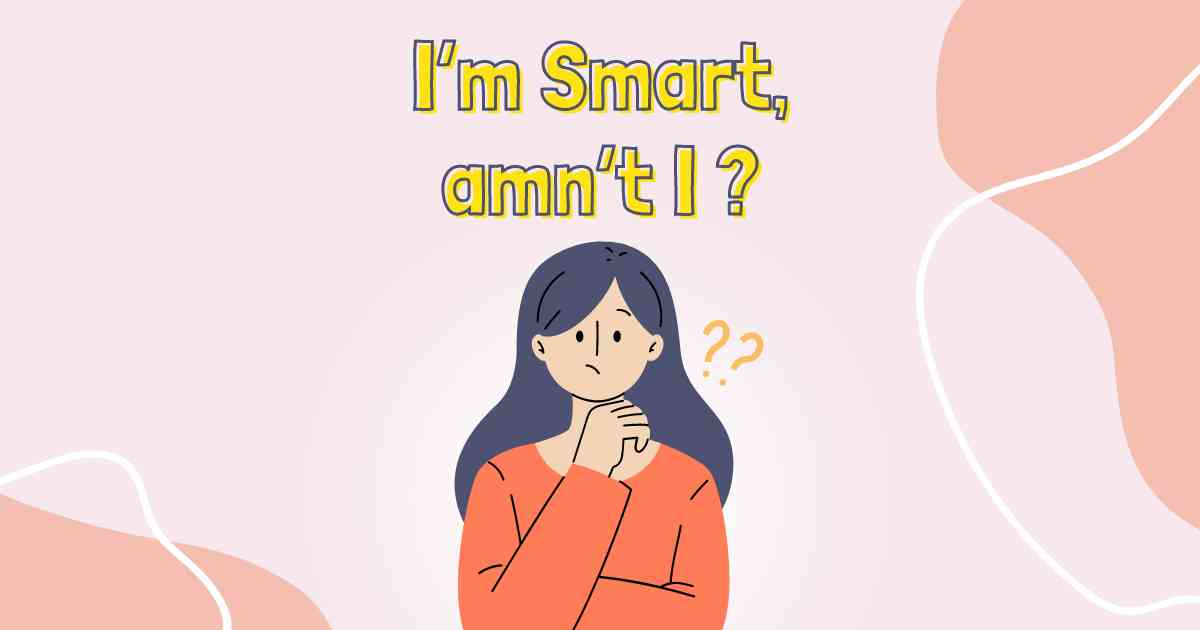In English, adjectives are used to describe or modify nouns. When comparing the qualities of different nouns, we use comparative and superlative forms of adjectives. These forms allow us to show the degree of difference between the things we are comparing.
| Pos. | Name | Points |
|---|---|---|
| There is no data yet |
What are Comparative Adjectives?
Comparative adjectives are used to compare two things. They show that one thing has more or less of a quality than another. To form the comparative of most one-syllable adjectives, we add “-er” to the end of the adjective. For adjectives with two or more syllables, we often use “more” before the adjective.
| Pos. | Name | Points |
|---|---|---|
| There is no data yet |
Examples of Comparative Adjectives:
- Tall becomes taller: “John is taller than Mark.”
- Big becomes bigger: “This box is bigger than that one.”
- Happy becomes happier: “She is happier today than yesterday.”
- Beautiful becomes more beautiful: “This painting is more beautiful than the other one.”
| Pos. | Name | Points |
|---|---|---|
| There is no data yet |
Key Rules for Forming Comparatives
One-Syllable Adjectives:
- Add “-er” to the end: “small” → “smaller”
- Example: “This apple is smaller than that one.”
One-Syllable Adjectives Ending in -e:
- Add “-r” to the end: “large” → “larger”
- Example: “This room is larger than the other one.”
One-Syllable Adjectives Ending in a Single Consonant with a Single Vowel Before It:
- Double the consonant and add “-er”: “big” → “bigger”
- Example: “The dog is bigger than the cat.”
Two-Syllable Adjectives:
- Use “more” before the adjective: “careful” → “more careful”
- Example: “She is more careful than her brother.”
Adjectives Ending in -y:
- Change the “y” to “i” and add “-er”: “happy” → “happier”
- Example: “She is happier today than yesterday.”
Irregular Adjectives:
- Some adjectives have irregular comparative forms: “good” → “better,” “bad” → “worse”
- Example: “Her performance is better than last time.”
| Pos. | Name | Points |
|---|---|---|
| There is no data yet |
What are Superlative Adjectives?
Superlative adjectives are used to compare three or more things. They show that one thing has the highest degree of a quality. To form the superlative of most one-syllable adjectives, we add “-est” to the end of the adjective. For adjectives with two or more syllables, we often use “most” before the adjective.
Examples of Superlative Adjectives:
- Tall becomes tallest: “John is the tallest in the class.”
- Big becomes biggest: “This is the biggest box.”
- Happy becomes happiest: “She is the happiest person I know.”
- Beautiful becomes most beautiful: “This is the most beautiful painting in the gallery.”
Key Rules for Forming Superlatives
One-Syllable Adjectives:
- Add “-est” to the end: “small” → “smallest”
- Example: “This is the smallest apple.”
One-Syllable Adjectives Ending in -e:
- Add “-st” to the end: “large” → “largest”
- Example: “This is the largest room.”
One-Syllable Adjectives Ending in a Single Consonant with a Single Vowel Before It:
- Double the consonant and add “-est”: “big” → “biggest”
- Example: “The dog is the biggest animal here.”
Two-Syllable Adjectives:
- Use “most” before the adjective: “careful” → “most careful”
- Example: “She is the most careful of all the children.”
Adjectives Ending in -y:
- Change the “y” to “i” and add “-est”: “happy” → “happiest”
- Example: “She is the happiest today.”
Irregular Adjectives:
- Some adjectives have irregular superlative forms: “good” → “best,” “bad” → “worst”
- Example: “Her performance is the best.”
Examples and Practice
To help solidify your understanding, let’s look at some examples and practice converting adjectives into their comparative and superlative forms.
Fast
Comparative: “faster”
Superlative: “fastest”
Example:
- “A cheetah is faster than a lion.”
- “A cheetah is the fastest animal on land.”
Interesting:
Comparative: “more interesting”
Superlative: “most interesting”
Example: “This book is more interesting than that one.” / “This is the most interesting book I’ve ever read.”
Old:
Comparative: “older”
Superlative: “oldest”
Example: “My brother is older than me.” / “She is the oldest in the family.”
Comfortable:
Comparative: “more comfortable”
Superlative: “most comfortable”
Example: “This chair is more comfortable than that one.” / “This is the most comfortable chair in the room.”
Conclusion
Understanding and using comparative and superlative adjectives correctly is essential for effective communication in English. By following the rules and practicing with different adjectives, you can master these forms and enhance your descriptive abilities.
Whether you’re writing an essay, giving a presentation, or just having a conversation, knowing how to compare and contrast will make your language more precise and engaging.
Keep practicing, and soon you’ll be using comparatives and superlatives with ease!


